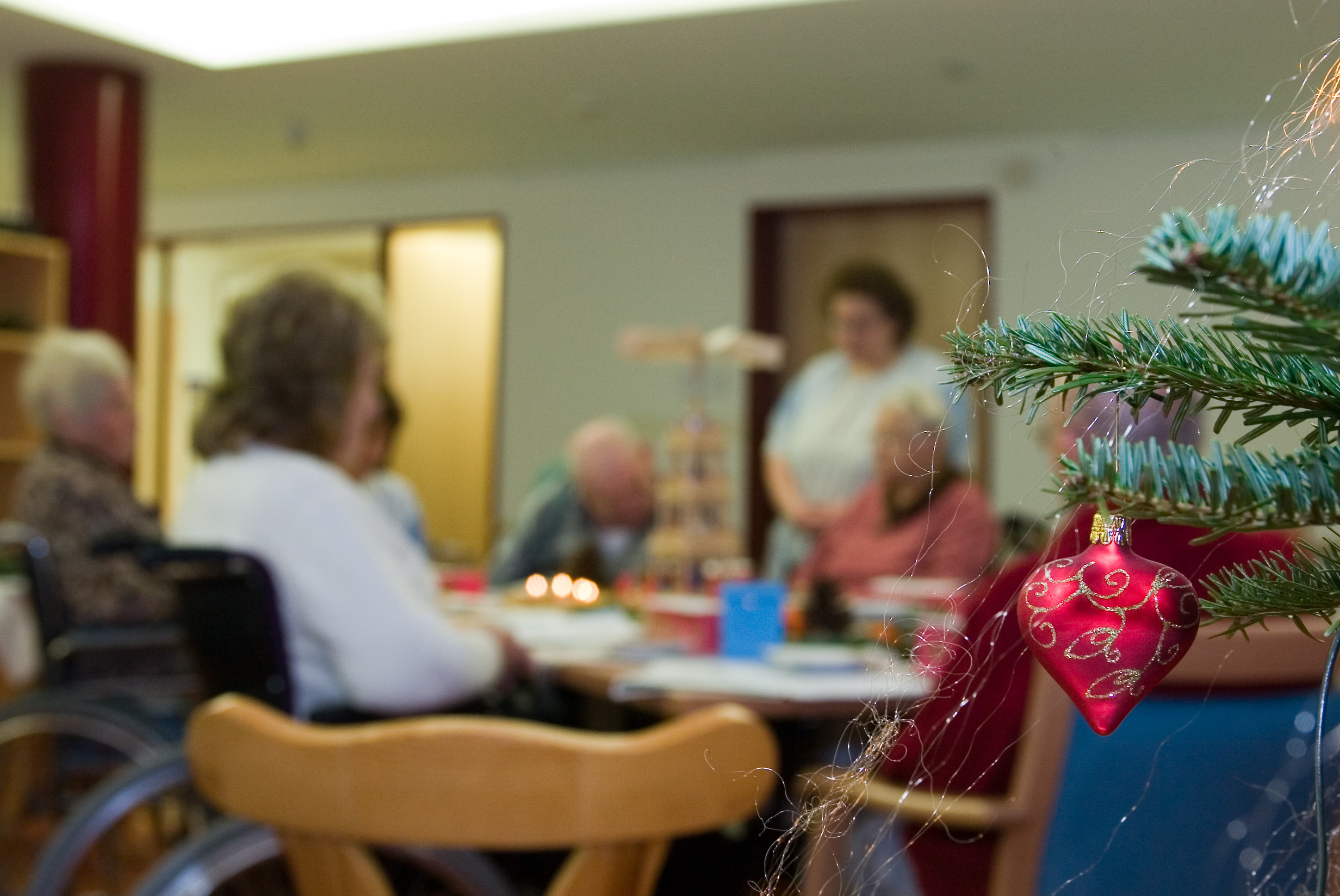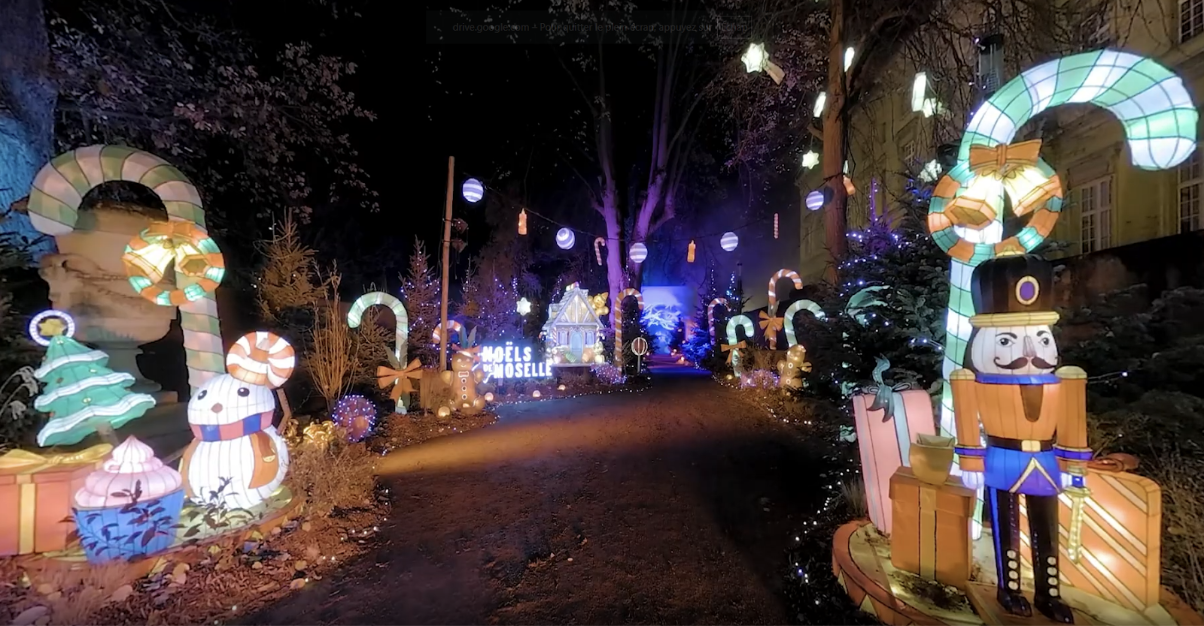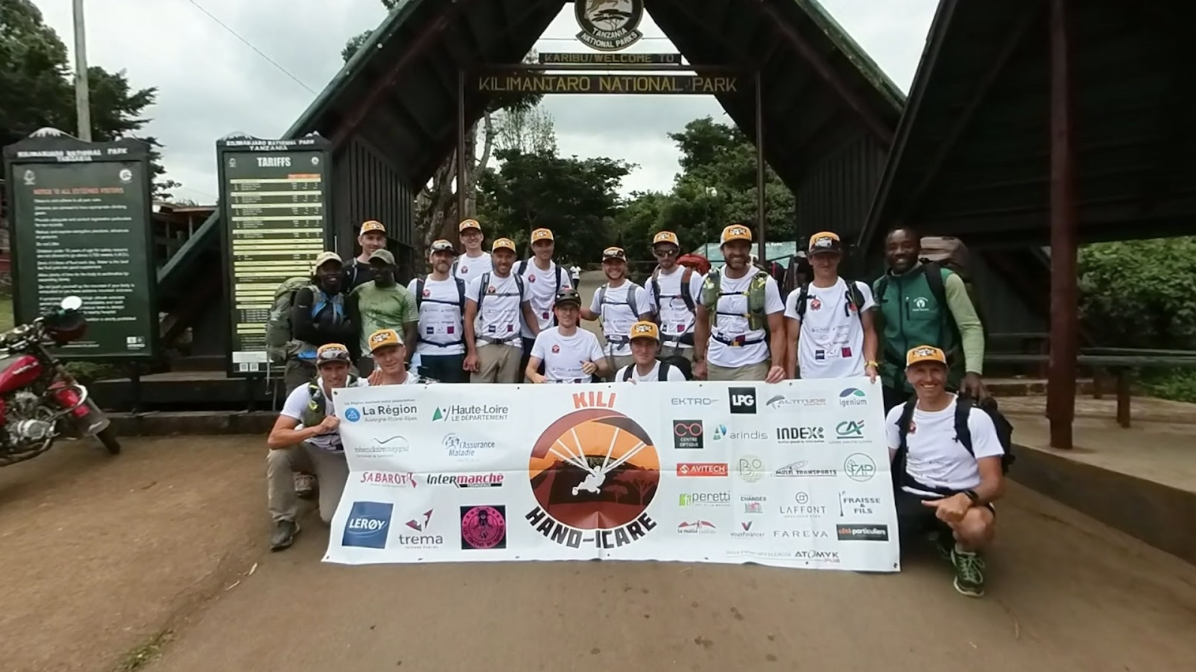Recreating social ties in nursing homes during COVID: psychologist Camille Blanquart did it.
.avif)
During the coronavirus crisis, there was a lot of talk about the vulnerability and fragility of residents in nursing homes. But what were they really experiencing? Camille Blanquart, an institutional clinical psychologist, came to meet the residents by participating in a study on their experiences in the face of health restrictions. “I was very sensitive to their isolation. What they deplored the most was this lack of social ties.” In the midst of a fifth wave of Covid, what can we do to improve the quality of life of our seniors? Discover how this psychologist committed to seniors succeeded in relieving the anxiety and depression of her residents and in rekindling social ties within her establishment.
Non-drug therapies adapted to each resident.
Elderly people who arrive in nursing homes often have neurodegenerative pathologies, cognitive disorders and associated behavioral disorders. In addition to this, since the first lockdown, health professionals have observed sliding syndromes in seniors, including memory deterioration and a decrease in cognitive and motor stimulation.
A clinical psychologist at the EHPAD Korian Parc in Mougins and well aware of all the problems encountered by our seniors in institutions, Camille Blanquart works every day to promote their well-being. After an experience of volunteering with isolated elderly people and more than 3 years of animation in nursing homes, she redirected herself to the senior public thanks to a master's degree in integrative psychology of aging. According to her, to best alleviate the symptoms and improve the quality of life of residents, the treatments, activities and therapeutic workshops offered to them in institutions must be personalized and take into account the person's life history.
To do this, the EHPAD Korian Parc de Mougins offers several non-drug therapies (TNM) to its residents. “In the institution, we don't just try to meet their basic needs, we are there to offer them something else, to make sure they are happy. This is why we are in this process of deploying TNMs in the structure.” The support director, Loïc Boucraut, is the first to be invested in this dynamic of deploying these new therapies.
The wider the range of non-drug therapies, the easier it is to best meet the needs of each resident. To make her choice, Camille Blanquart, in collaboration with the coordinating physician Christian Schnepf and the occupational therapist Aline Nerrière, always relies on the resident's life history, interests, passions and preserved abilities in order to determine which therapy is best suited to him. It also takes into account scientific studies and therapeutic indications in order to best target each pathology, with the aim of reducing drug consumption and ensuring that the mental state of the resident improves.
Promote well-being, social connection and reduce depression through virtual reality.
Since August, a new non-drug therapy has been implemented within the EHPAD: virtual reality workshops. Among the hundred residents, several have already benefited from it. Camille Blanquart targets various pathologies that can be treated using this new technology. In groups of three, residents with similar disorders participate in two workshops per week.
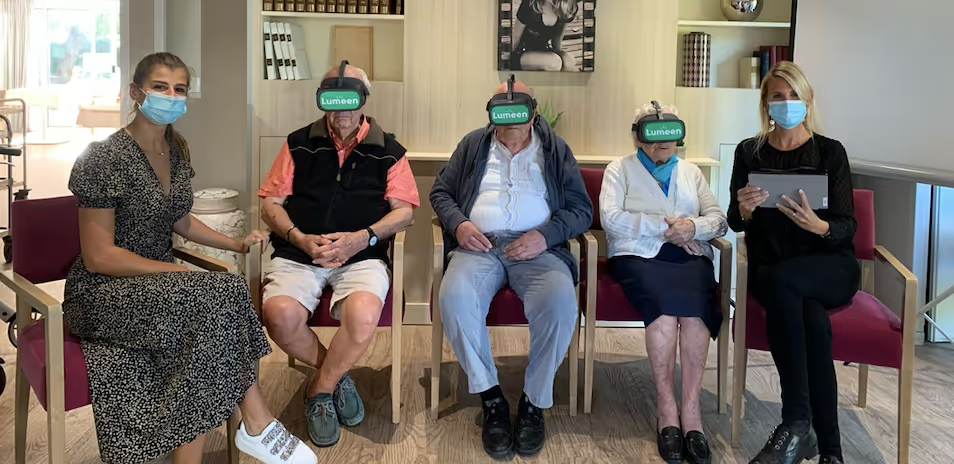
A first protocol was carried out with three residents suffering from depression. The results are promising: the virtual reality sessions brought out positive emotions among the three residents. Their verbalizations revealed a sense of well-being: “My feet are in the water”, “there are all colors, it's great”. These workshops also allowed residents to build social relationships and recall positive memories: “It was a good session, it brought back memories of snow when I lived in Piedmont.”, “It was my honeymoon in 1964. I have been to Venice about ten times. My wife and I also went to the spa treatments near Padova.” Virtual reality then becomes a real tool for recollection.
A quantitative evaluation was also carried out using GDS 15, a screening test for the risk of depression, before the 1st session, at the end of the 4th session and at the end of the 8 scheduled sessions. For a resident, taking the GDS 15 showed a significant reduction in the risk of depression. The score went from severe to moderate depression (resident's score: 11-8-6). “I have been able to observe very interesting feedback and a lot of well-being and positive emotions among the residents, confirms the psychologist at the institution. They were able to really build social ties. It allowed them to get to know each other better.” Technology provides residents with a common topic of conversation, who sometimes have difficulty socializing. It encourages people to speak up and share stories about their life stories.
Among the programs available to Camille Blanquart, the Escape module in the Lumeen solution was the most promising. It allows residents to live extraordinary experiences in France and abroad: lavender fields in Provence, cherry blossoms in Japan, swim with dolphins, aurora borealis in Alaska... In addition to immersion in helmets, mediation content is offered. Annotations allow the caregiver to indicate the areas of interest to the participants (“look at the statue on your right”) . ”This tool stimulates motor functions, since residents can move their heads left, right, up, so that's great!” tells Camille Blanquart. A feedback quiz, at the end of each experience, also encourages discussion. “The questions in this module allow residents to talk to each other and to stimulate their autobiographical memory, she confirms. Even For me, there is a lot that I have learned about residents thanks to virtual reality sessions! The tool becomes a real vector of exchange, between residents but also with the health professional.
Other protocols to test the effectiveness of virtual reality are in progress at the EHPAD Parc de Mougins, in particular on residents suffering from anxiety and aphasia. In the near future, the team also plans to use virtual reality to divert attention during painful treatments. “In collaboration with a person doing a thesis on this subject, I would also like to use it for people with other pathologies” confides the psychologist.
Rapid adoption of technology by residents.
Virtual reality in nursing homes? A surprising paradox, but one that is unanimous! The psychologist explains to us that it is essential to start with a psychoeducation about the virtual reality headset. “It is important to raise awareness among residents, to reassure them and to show them that at any time, they can take off the helmet if they wish. I am trying to make sure that they are really actors in this session, confirms Camille Blanquart. I ask them to choose the landscape they like, the place they want to visit.”
Once technology is understood and accepted, residents want more! “I was pleasantly surprised to see the adoption of this new technology very easy and fast. I think it's great to be able to integrate new technologies into nursing homes.” Especially since the tool was designed to make this technology easily accessible to health professionals. All equipment is included in a turnkey case. A tablet allows the caregiver to control what is broadcast in the helmets. Seniors don't have to do any manipulation and just enjoy the experience.
Soothe residents... and caregivers!
Health care teams are under a lot of stress on a daily basis. They were on the front line during the pandemic. They may be confronted with residents whose care is difficult. Camille Blanquart assumes that if she offers these teams a relaxing space, they will support their patients all the better. “I was able to test a session with a student nurse and a nursing assistant, she tells us. They told me that this session had calmed them down a lot. I am very happy to offer them this peaceful space.”
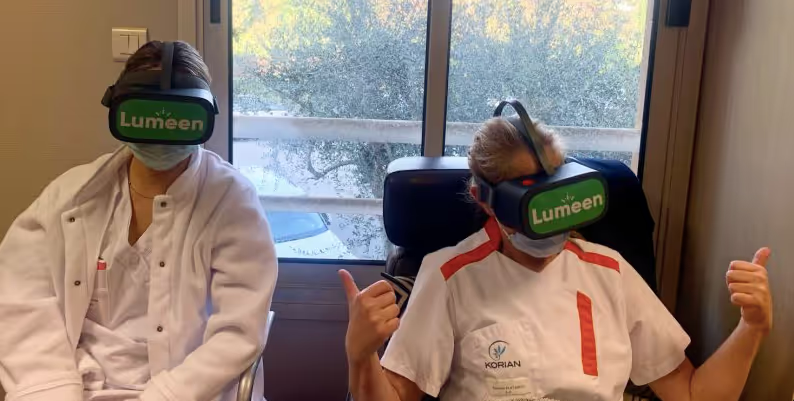
The solution to escape outside the walls of the establishment.
Residents in nursing homes have suffered a lot from the lockdown and the pandemic. Many complained that they could no longer go out (visits shortened or cancelled, no more outdoor outings, reduced group time...). In addition to their therapeutic benefits, virtual reality workshops simply allow residents to think about other things and to escape a bit outside the walls of their establishment. “It is a pleasure for me to offer them the opportunity to travel a little bit despite health restrictions.” Finish Camille Blanquart.
They confirm.
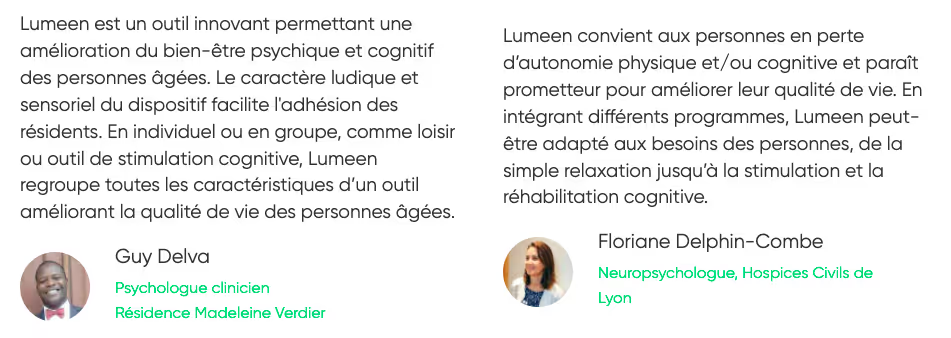
The media is talking about it.

Want to test Lumeen for 30 days with no commitment?


